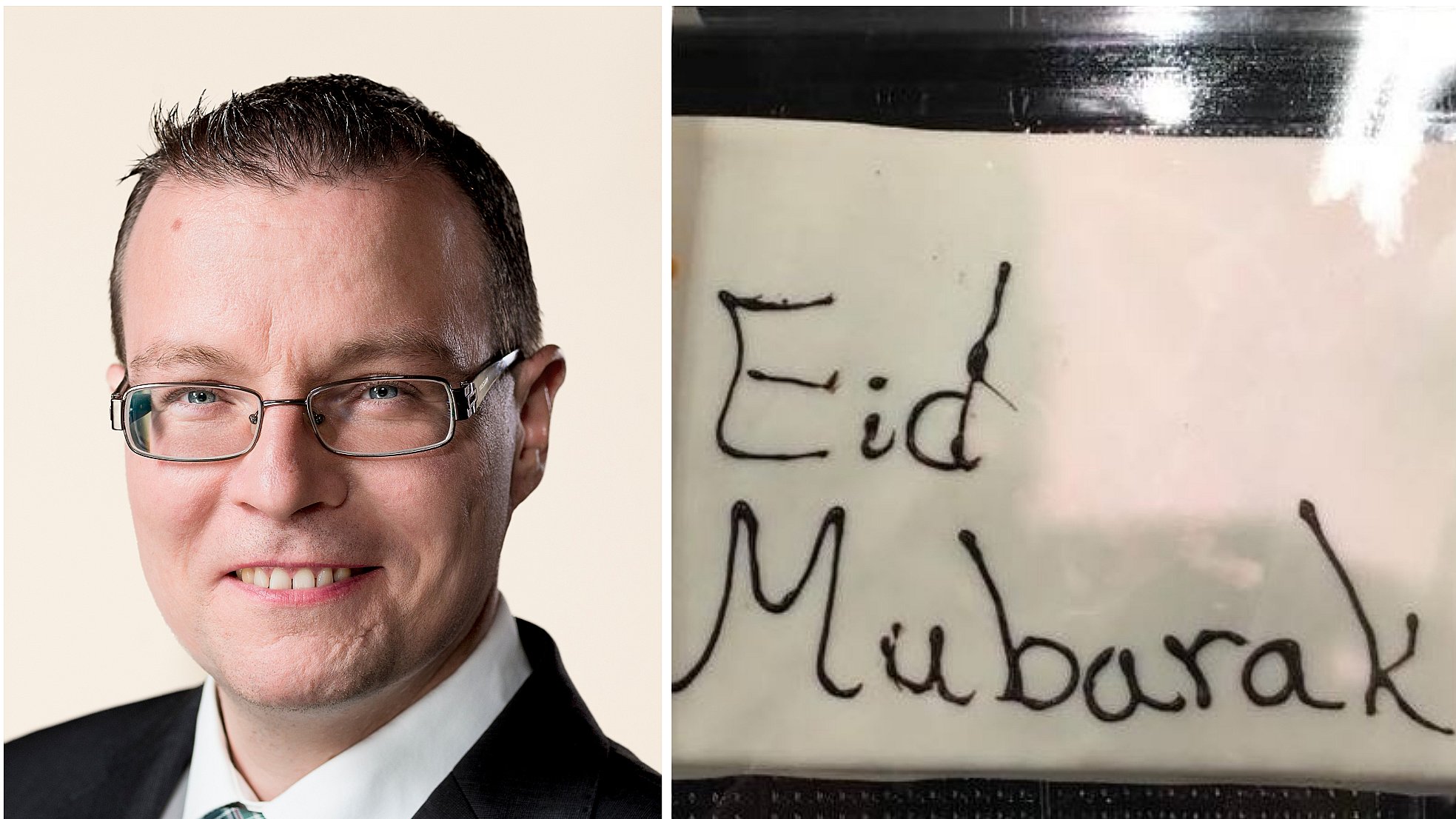
Østjyske Fiskere Bakker Op Om Fiskedumping, Men Vil Ikke Følge Med På Land
The Complexities of a Controversial Practice
The practice of fiskedumping, or the intentional discarding of fish caught as bycatch, has sparked a heated debate among fishers in East Jutland, Denmark. While some fishers support the practice as a necessary evil, others argue that it is unethical and detrimental to marine ecosystems.
Support for Fiskedumping
Fishers who support fiskedumping argue that it is an essential tool for managing fish stocks. They contend that discarding bycatch allows them to target specific species, such as cod and flounder, without overfishing other species that may be caught as bycatch.
"Fiskedumping is a necessary evil," said Lars Rasmussen, a local fisher. "We can't keep all the fish we catch, and it's better to discard bycatch than to let it go to waste."
Opposition to Fiskedumping
Opponents of fiskedumping argue that it is an inhumane and wasteful practice. They point out that discarded fish can suffer from starvation, injury, and predation before they die.
"Fiskedumping is both unethical and environmentally harmful," said Anne Jensen, a marine biologist. "It leads to the needless suffering of marine life and disrupts the delicate balance of marine ecosystems."
Data and Evidence
Data from the Danish Fisheries Agency supports both sides of the debate. On one hand, fiskedumping does allow fishers to target specific species more efficiently. On the other hand, it is estimated that up to 10% of all fish caught in the North Sea are discarded. This equates to approximately 400,000 tons of fish per year.
Research has shown that discarded fish can have negative impacts on marine ecosystems. For example, discarded fish can attract predators such as seabirds and sharks, which can lead to conflicts with fishers.
Perspectives from the Fishing Industry
The fishing industry in East Jutland is divided on the issue of fiskedumping. Some fishers support the practice, while others strongly oppose it. A recent survey found that 60% of fishers believe that fiskedumping is necessary, while 40% believe it is unethical.
"We need to find a balance between protecting the environment and ensuring that fishers can make a living," said Niels Petersen, the chairman of the East Jutland Fishermen's Association. "Fiskedumping may be a necessary evil, but we need to minimize its environmental impact."
Broader Implications
The debate over fiskedumping in East Jutland is a microcosm of a larger global issue. Fiskedumping is a common practice in many fisheries around the world, and it has significant implications for marine ecosystems and food security.
"Fiskedumping is a symptom of a larger problem: the unsustainable exploitation of our oceans," said Maria Voss, a spokesperson for Greenpeace. "We need to adopt more sustainable fishing practices to ensure that future generations can enjoy the benefits of healthy marine ecosystems."
Conclusion
The debate over fiskedumping is a complex one with no easy answers. While some fishers argue that it is a necessary evil, others maintain that it is unethical and harmful to marine ecosystems. Data and evidence support both sides of the argument, and the fishing industry is divided on the issue.
Ultimately, the decision of whether or not to allow fiskedumping is a difficult one that must be made on a case-by-case basis, taking into account the specific circumstances of each fishery and the potential environmental and economic impacts.
However, it is clear that fiskedumping is a symptom of a larger problem: the unsustainable exploitation of our oceans. As we continue to grapple with the challenge of feeding a growing population while protecting our planet, we must find ways to reduce our reliance on unsustainable fishing practices and transition to more sustainable alternatives.

0 Comments: